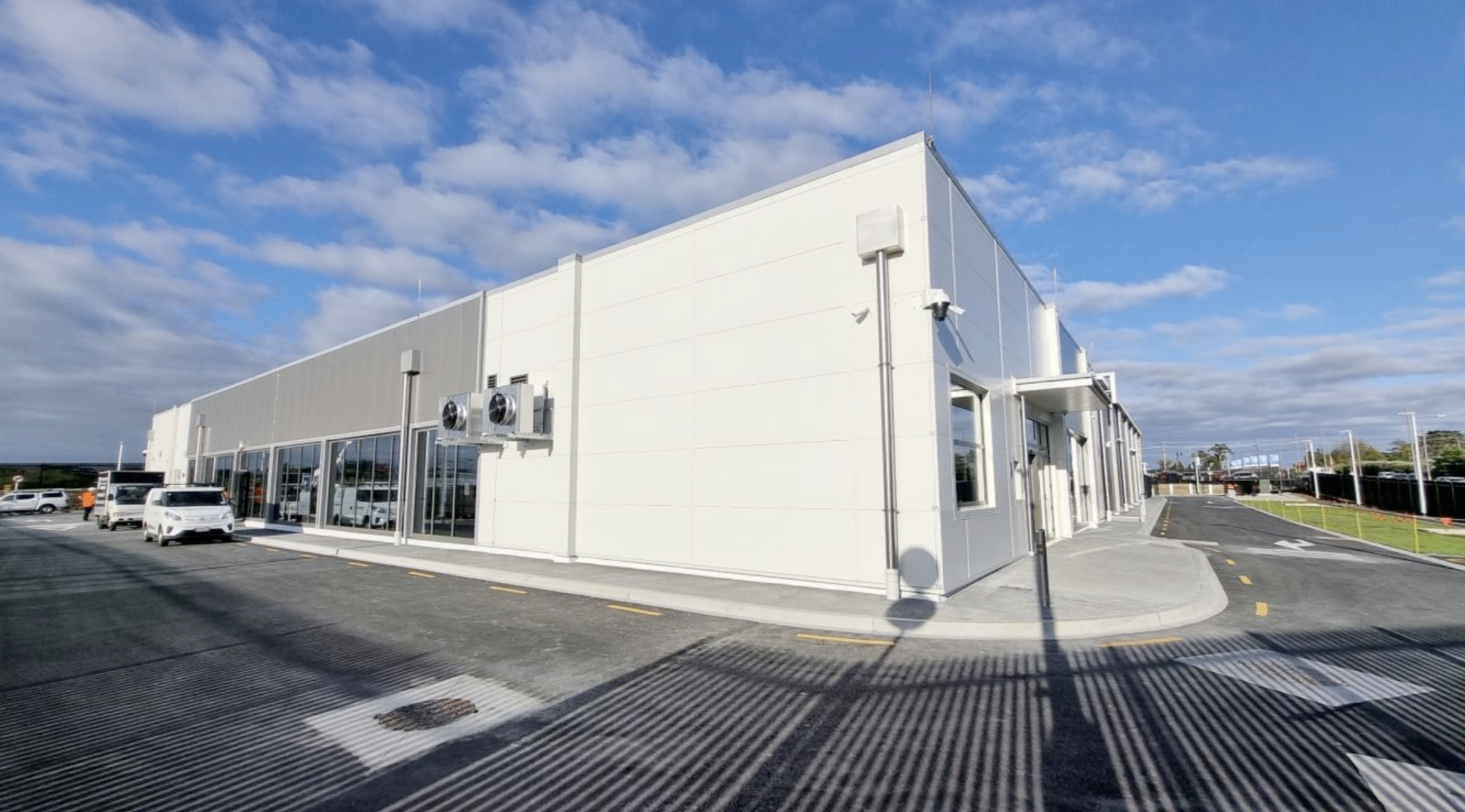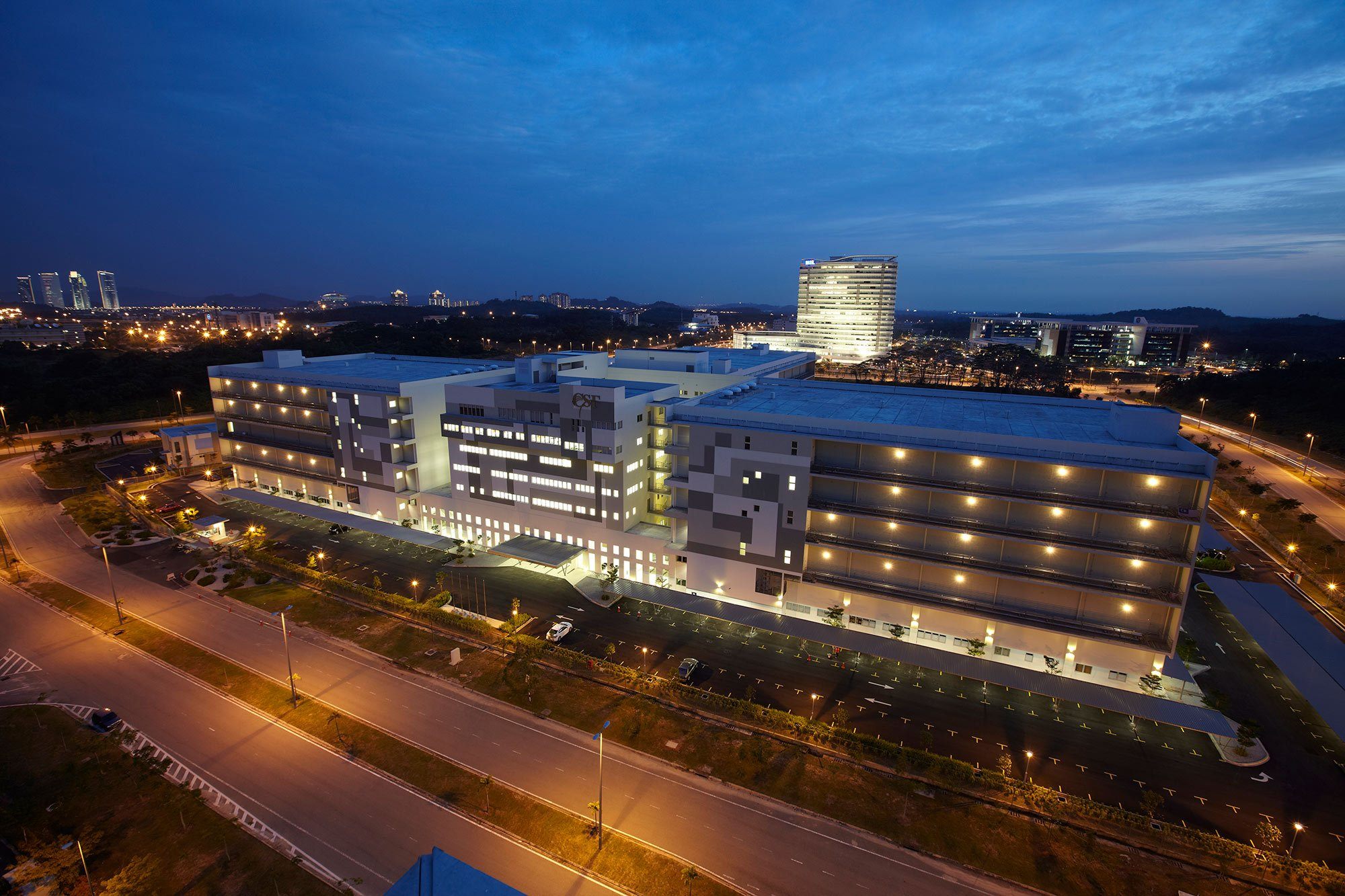A number of policies to benefit the data center Malaysia stormed Southeast Asia "Lord" status
Malaysia is stepping up construction of new data centers to become the next Southeast Asian powerhouse。It has been revealed that the country is trying to replicate the success of neighbouring Singapore with low prices and tax incentives。
Amid Singapore's restrictions on data centre construction, Malaysia is attracting investment through tax breaks and other incentives in a bid to become the region's next big data centre.。

Singapore craze ebbs Malaysia's "ambition" sprint
Iskandar Puteri, located in the southern Malaysian state of Johor, just 30 minutes from the Singapore border, has become a hot spot for new data center construction.。
In September this year, China Universal Data (GDS) was 69.A 5-megawatt physical facility began operations there, its first facility outside China.。US-based Equinix has also spent $40 million to build a new data center in the region.。
Although Singapore is the data center "lord" of Southeast Asia, new development projects have been suspended in 2019 due to its land and energy needs.。Since then, the construction of related projects in Malaysia's Johor State began to accelerate.。Although Singapore has now lifted the moratorium, cost and land constraints are still expected to be detrimental to the development of new projects there.。
At the same time, as Southeast Asia's economies grow, the demand for data centers across the region is also increasing, and countries in the region are now looking to invest in the development of new data centers.。
"Horse" to the success of the regional center needs "harmony between man and nature"
Behind the opportunity, the rapid development of Malaysia's data center has many positive factors。
Naturally, Malaysia's success is due to cheap land and electricity and its proximity to Singapore.。According to British consulting firm Knight Frank, the country will have 113 megawatts of new data center capacity in 2022, about four times the capacity of Indonesia or Thailand.。
According to Irish Research and Markets, Malaysia's data center market will reach 22% by 2028..US $500 million, up 72% from 2022 and exceeding the 47% growth rate of Southeast Asia as a whole。
As part of the 2022 tax reform, Malaysia launched the Digital Ecosystem Acceleration Program to exempt all digital infrastructure providers from tax on their compliant investments.。
In addition, the Malaysian government is working with state-owned utilities to ensure a stable power supply for data centers.。Last month, the government's New Industrial Master Plan 2030 stated that promoting digitalization has become one of the country's key development directions.。
Tengku Zafrul Abdul Aziz, Minister of Investment, Trade and Industry of Malaysia, said: "Our target for the Malaysian data centre industry is to increase its revenue from the current $400 million to nearly $800 million by 2025.。"
Recently, Japan's NTT Data Corporation launched its sixth data center project in the Cyberjaya Park near Kuala Lumpur, Malaysia.。Takeshi Kimura, head of the company's Southeast Asia data centre business, said: "In order to make Malaysia an IT hub, the government is actively attracting companies and has adopted incentives such as corporate tax exemptions.。"
You catch up with me, Southeast Asian countries set off investment fever
Other countries in Southeast Asia are also investing heavily in data center construction。Last year, Google announced that it would build cloud service data centers in Malaysia, Thailand and New Zealand.。In Thailand, for example, in addition to some incentives, the government provides tax relief benefits for businesses for eight years.。
Also last year, the Vietnamese government began requiring companies to keep customer data in their home country, and new data center projects are expected to accommodate additional data storage.。In the Philippines, Globe Telecom and PLDT (the two largest telecom providers in the Philippines) are also stepping up investments in data centers.。
Because data centers consume a lot of power, how to minimize your carbon footprint is a challenge。Malaysia and Singapore are currently working to improve power efficiency or increase the use of renewable energy.。

·Original
Disclaimer: The views in this article are from the original Creator and do not represent the views or position of Hawk Insight. The content of the article is for reference, communication and learning only, and does not constitute investment advice. If it involves copyright issues, please contact us for deletion.